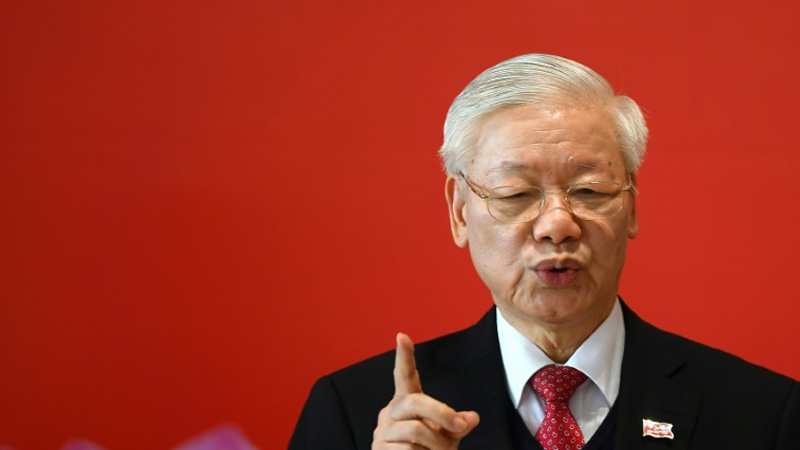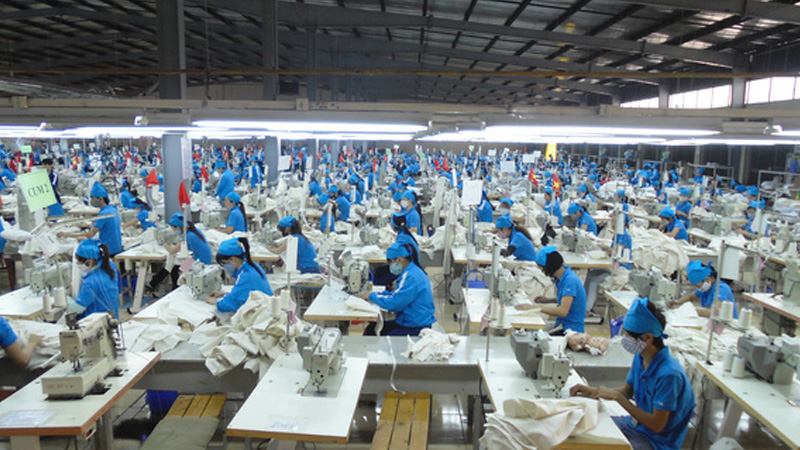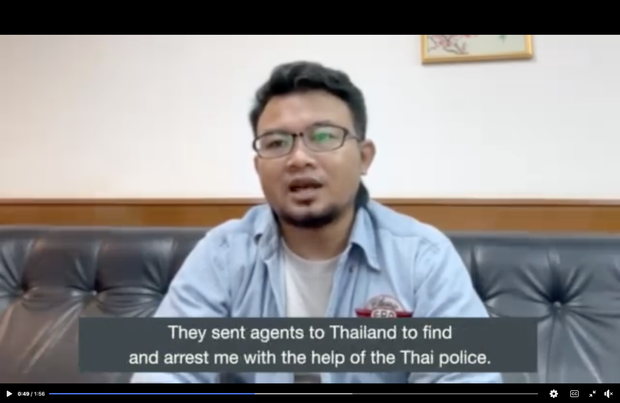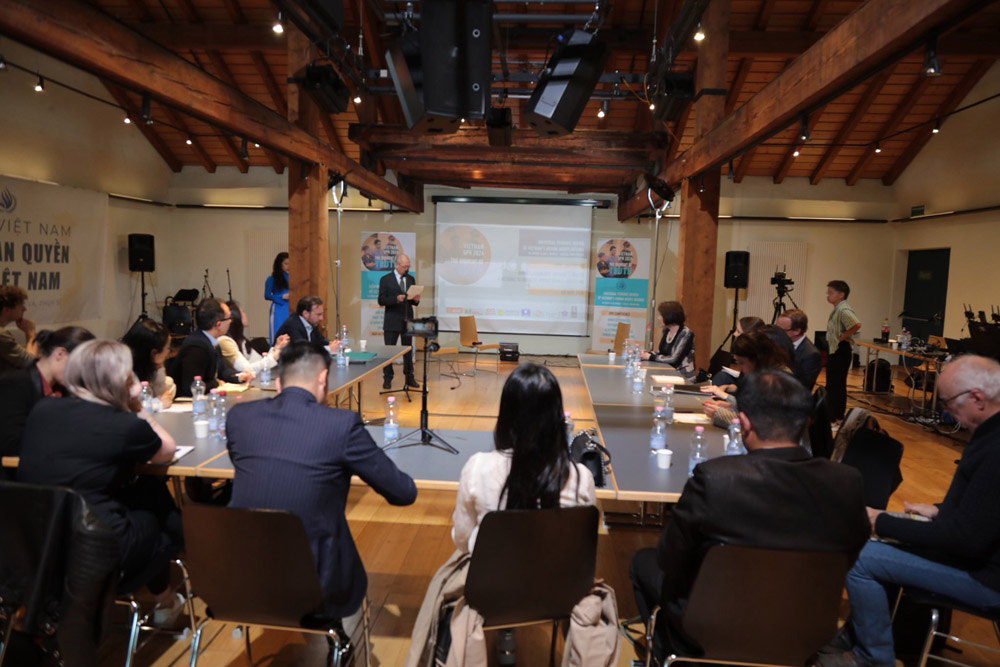First Broadcast 23/11/2003
There is a growing underground movement in Vietnam calling for change. They call themselves the Viet Tan, or the Revolutionary Party to Reform Vietnam. They claim to have thousands of members across the country and their goal: to bring democracy to Vietnam.
The group says it’s tired of the authoritarian Communist Party rule and the denail of basic freedoms. They work in secrecy and claim if they are caught criticing the government, they can be jailed, or worse still, killed.
Evan Williams from the ABC’s Foreign Correspondent program reports.
Evan Williams, Reporter: The Internet offers a growing number of Vietnamese the chance to criticise those running the country. It’s the only media free of government control but the Government is now clamping down even on this.
On March 27, 2002, Phan Hong Son was arrested after translating a document called ’What is Democracy?’ off the US State Department’s website. Son, a doctor, emailed it to friends and party members. He’s now serving five years jail, with three years house arrest to follow. His official crime – espionage.
Vu Thuy Ha, wife of prisoner: (Translation) The main reason he did that was to find out what democracy is. My husband had heard a lot about democracy but he didn’t understand exactly what it is.
Evan Williams: Son’s wife, Vu Thuy Ha, is watched constantly, so we had to meet her and her two sons secretly at a friend’s house.
Vu Thuy Ha: (Translation) I want my husband to stop doing that work so that our family may find peace – but deep down in my heart and my thoughts, I understand him and I share his feelings. I understand that for society to develop there has to be democracy – and to have democracy, there has to be research to find out about it.
Evan Williams: Madame Ngat, the government censor, was the only high-ranking party member who agreed to speak to us. She says her government does not imprison critics like Son.
Madame Ngat, Vietnamese government censor: (Translation) That isn’t correct – no-one is jailed for that reason. I know people who have conflicting opinions to us and live happily in Hanoi with their families. They are not jailed for anything.
Evan Williams: Son is not alone. According to Vietnamese human rights groups, there are about 160 political prisoners in Vietnam, some in jail for life. In a new crackdown on Internet use, 13 more dissidents have recently been jailed for up to 12 years, many while simply sending anti-government emails. They include 32-year-old lawyer, Le Chi Quang. Human rights workers say his life is now threatened by an untreated kidney disease.
Evan Williams: We know for a fact there are people in jail here. And if they’re not in jail for criticising the party, what are they in jail for?
Madame Ngat: (Translation) They have never been jailed. If you look at problems, you should look with good will and combine to solve them. You shouldn’t just focus on the faults or difficulties and criticise the country. I strongly object to that sort of behaviour.
Evan Williams: In the countryside, government corruption and land grabs by officials are common. Protests are savagely repressed so opposition groups have been in hiding. Now, though, there has been a change in tactics.
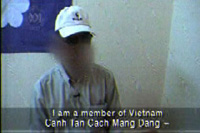
Viet Tan member: (Translation) I am a member of Vietnam Canh Tan Cach Mang Dang – or Viet Tan. In English, our name is Revolutionary Party to Reform Vietnam.
Evan Williams: Viet Tan has thousands of members across the country and offshore. For security, one man is selected to speak, disguised to protect his life.
Viet Tan member: (Translation) If I am arrested after you have left, I could be secretly killed.
Evan Williams: This is Viet Tan’s first public statement.
Viet Tan member: (Translation) The people have realised the Communist Party has deceived them, exploited them, taken their wealth to feed their pockets. All the privileges and vested benefits such as housing, international aid and foreign investment are in the hands of a few, while the vast majority live in poverty.
Evan Williams: Viet Tan is organised into grassroot cells just like those used against the Americans by the Communists during the war. It chronicles party corruption, collects information on arrests, mobilises the youth and claims the secret support of some in government. Its goal – multi-party democracy, the rule of law.
Viet Tan member: (Translation) Many foreigners who do business in Vietnam fail. They say Vietnam is without laws – that an absence of stability and order make it impossible to do business. The obstacles to democracy aren’t just a few groups of people, but the entire machinery of the regime.
Evan Williams: It’s hard to imagine the end of Socialist rule in Vietnam any time soon. But the more individual liberties are repressed in the name of stability, the more pressure there’ll be for change.
This transcript is from ABC Asia Pacific Focus


